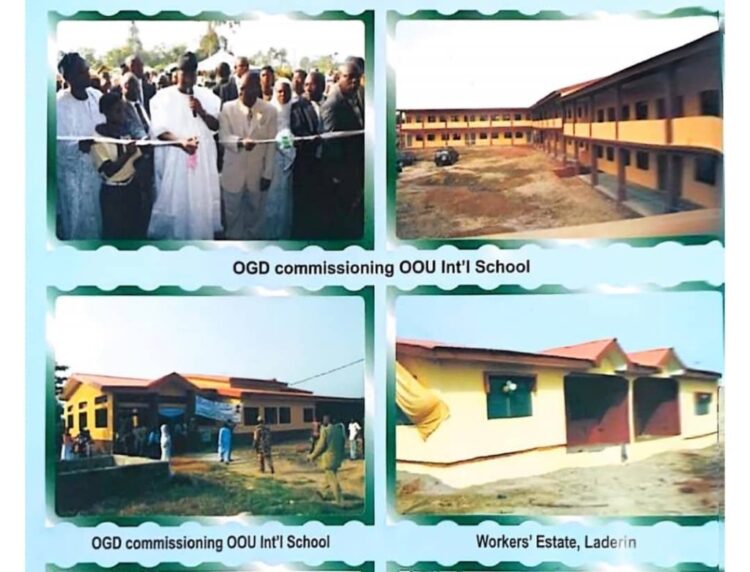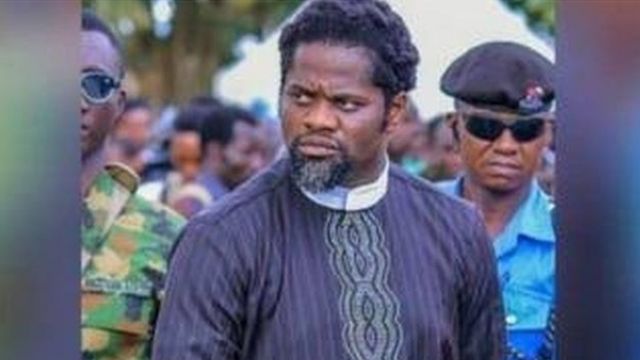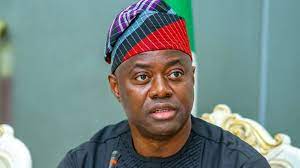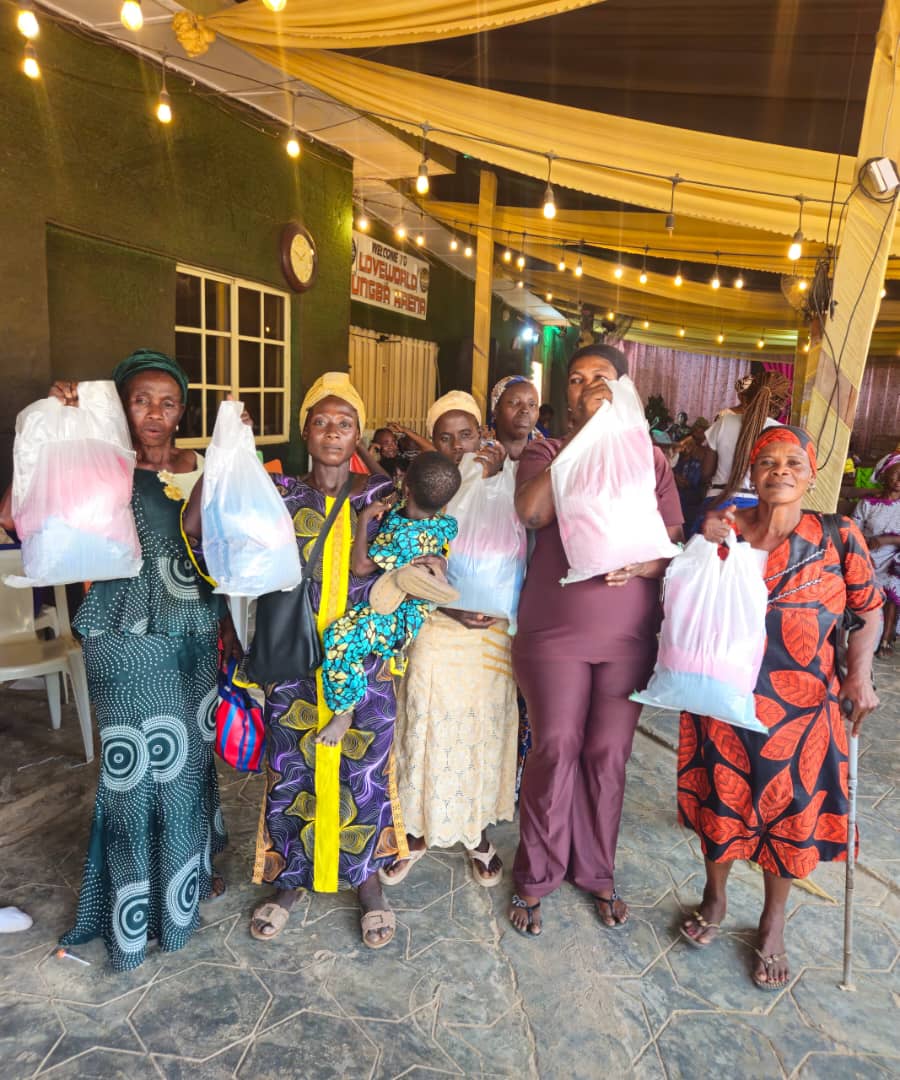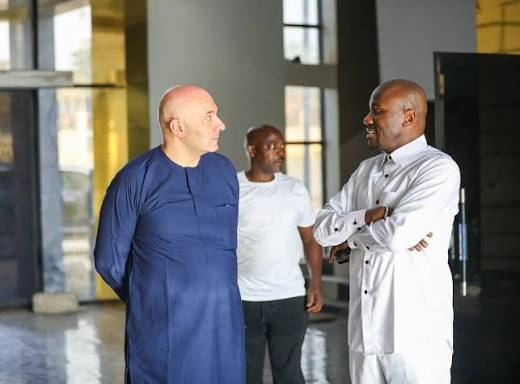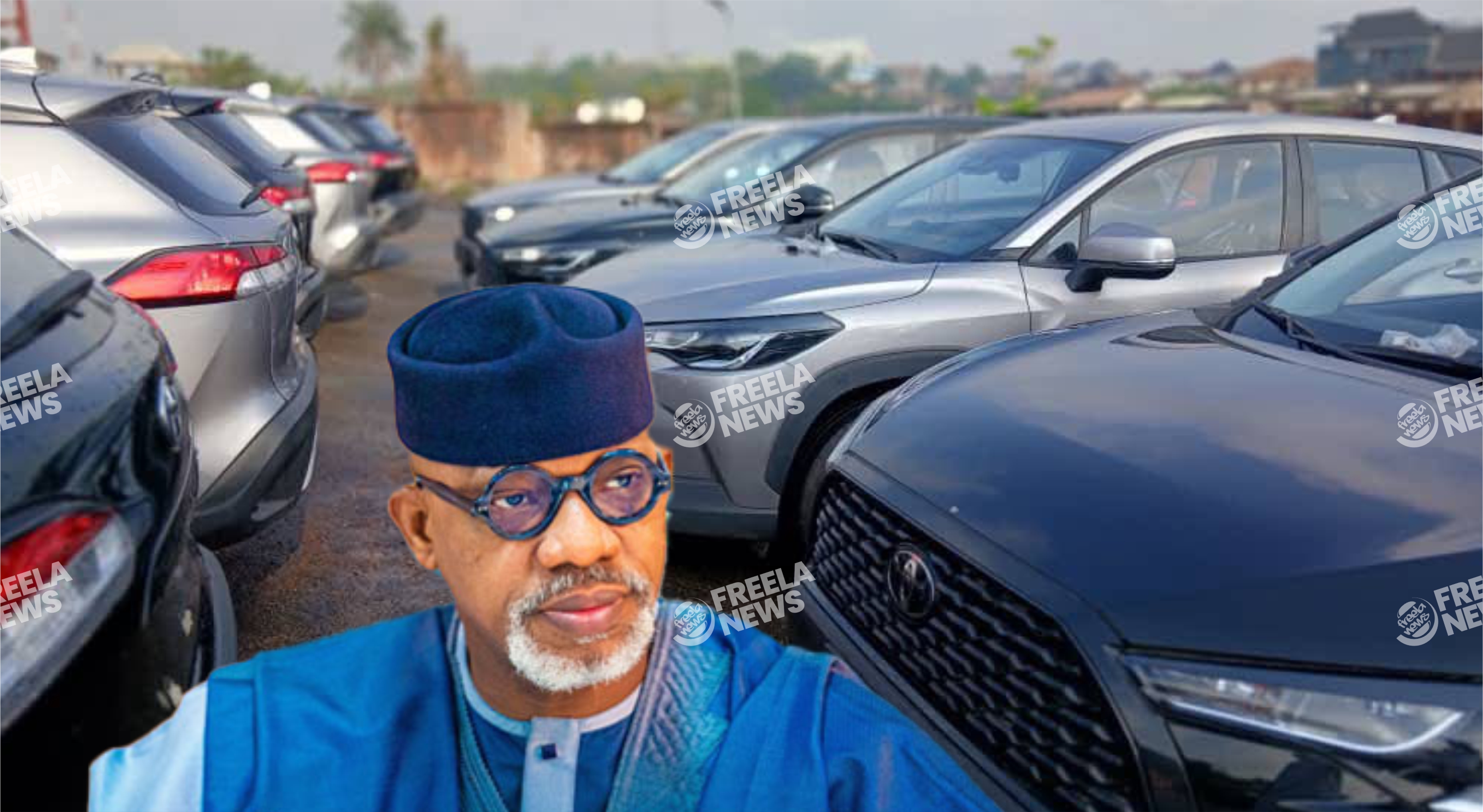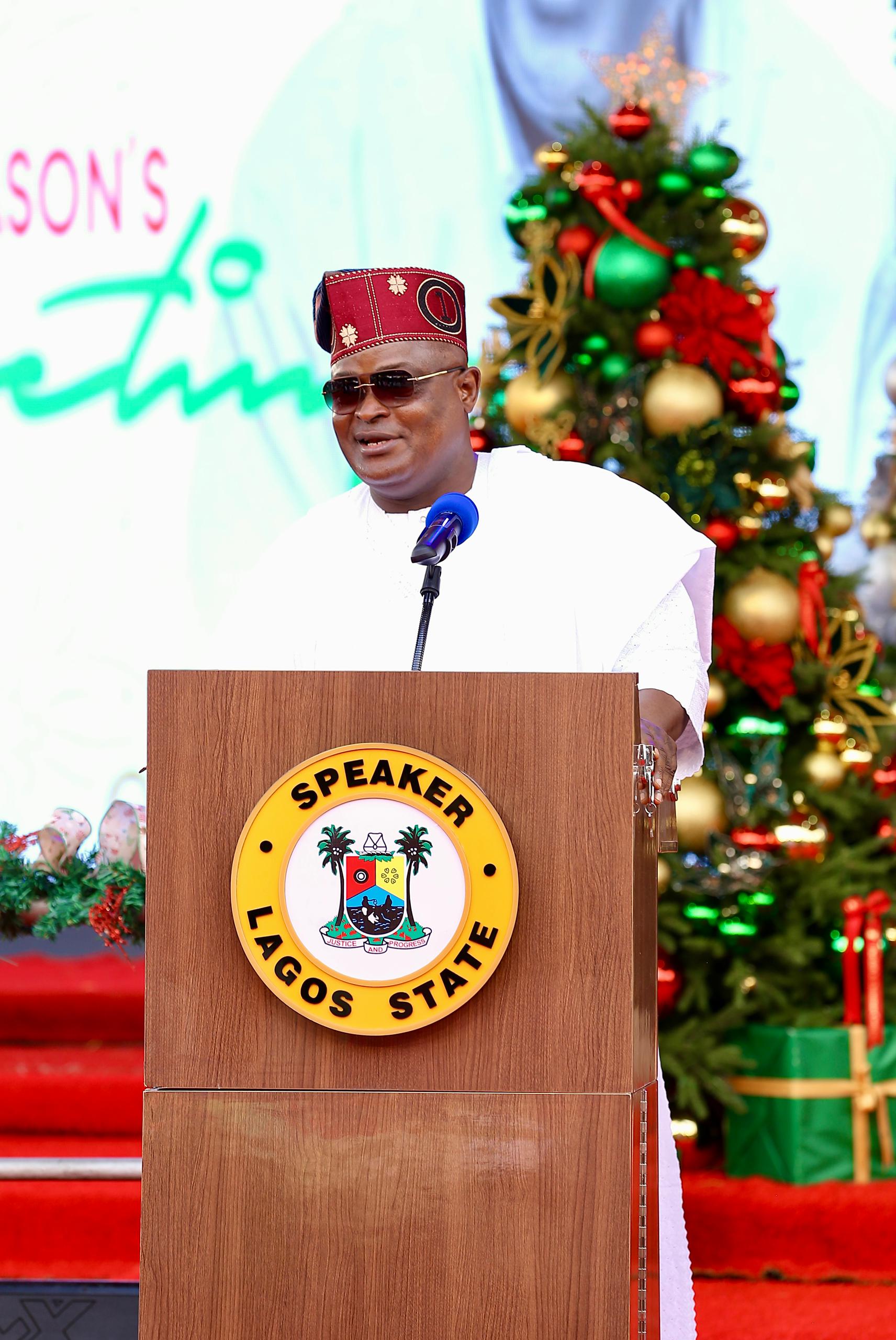Gbenga Daniel Legacy in Ogun State redefined growth through bold infrastructure, education, and industrial reforms that still drive the state’s progress
Gbenga Daniel Legacy stands as one of the most impactful in Ogun State’s political history.
Also read: Dangote truck crushes family, others in fatal Enugu crash
By the time he left office in 2011, the state had experienced unprecedented growth, earning a reputation as a rising hub for investment, innovation, and inclusive development.
One of the most visible pillars of the Gbenga Daniel Legacy was the transformation of infrastructure.
His administration built and rehabilitated critical road networks, including the Sagamu-Benin Expressway link and the Abeokuta-Sagamu interchange.
These projects improved travel times, opened up rural communities, and enhanced commerce—especially for farmers and traders.
Modern housing schemes like the OPIC estates began to reshape Ogun’s urban environment, while new bridges, markets, and terminals gave the state a functional facelift.
Daniel’s aggressive infrastructure agenda laid the groundwork for Ogun’s status as a business-friendly destination.
Understanding that development depends on people, Daniel placed education at the heart of his administration.
He founded Tai Solarin University of Education (TASUED), Nigeria’s first specialized university of education.
His revitalization of Olabisi Onabanjo University and the introduction of ICT in schools reflected a futuristic vision.
Free textbooks and subsidised tuition made education accessible to thousands of children, fostering a more inclusive learning environment across Ogun.
Daniel’s healthcare policies weren’t just urban-focused.
From upgrading general hospitals to launching mobile medical outreaches, he ensured that every local government area benefited.
The modernization of the Olabisi Onabanjo University Teaching Hospital helped improve healthcare delivery and medical education statewide.
A cornerstone of the Gbenga Daniel Legacy was his successful industrialization strategy.
Through investor-friendly policies, the establishment of the Ogun Free Trade Zone, and foreign partnerships—especially with Chinese investors—he attracted industries that now power the state’s economic engine.
His foresight repositioned Ogun as an industrial extension of Lagos.
Agriculture wasn’t ignored either. Mechanized farming, improved seedlings, and support for cooperatives boosted food production and income for rural dwellers.
Ogun’s rich Yoruba heritage found a fierce advocate in Daniel.
He revived historic sites, invested in cultural centres, and initiated the annual Gateway Festival.
Tourist sites like Olumo Rock were revitalised, drawing both economic activity and cultural pride.
The administration also implemented powerful grassroots initiatives: youth training, women’s empowerment, micro-credit for small businesses, and SME development schemes. Daniel’s people-centered approach created jobs and fostered entrepreneurship.
Eight years of focused leadership under Gbenga Daniel changed the face of Ogun.
Today, many of his policies and institutions remain central to the state’s ongoing development.
Also read: Tinubu praises Shettima as loyal ally on 59th birthday
Though now serving as a senator, Gbenga Daniel Legacy as governor remains deeply etched in the hearts of the people—a time when leadership was visionary, impactful, and powerfully transformational.
Source: Read more at iretura.com


